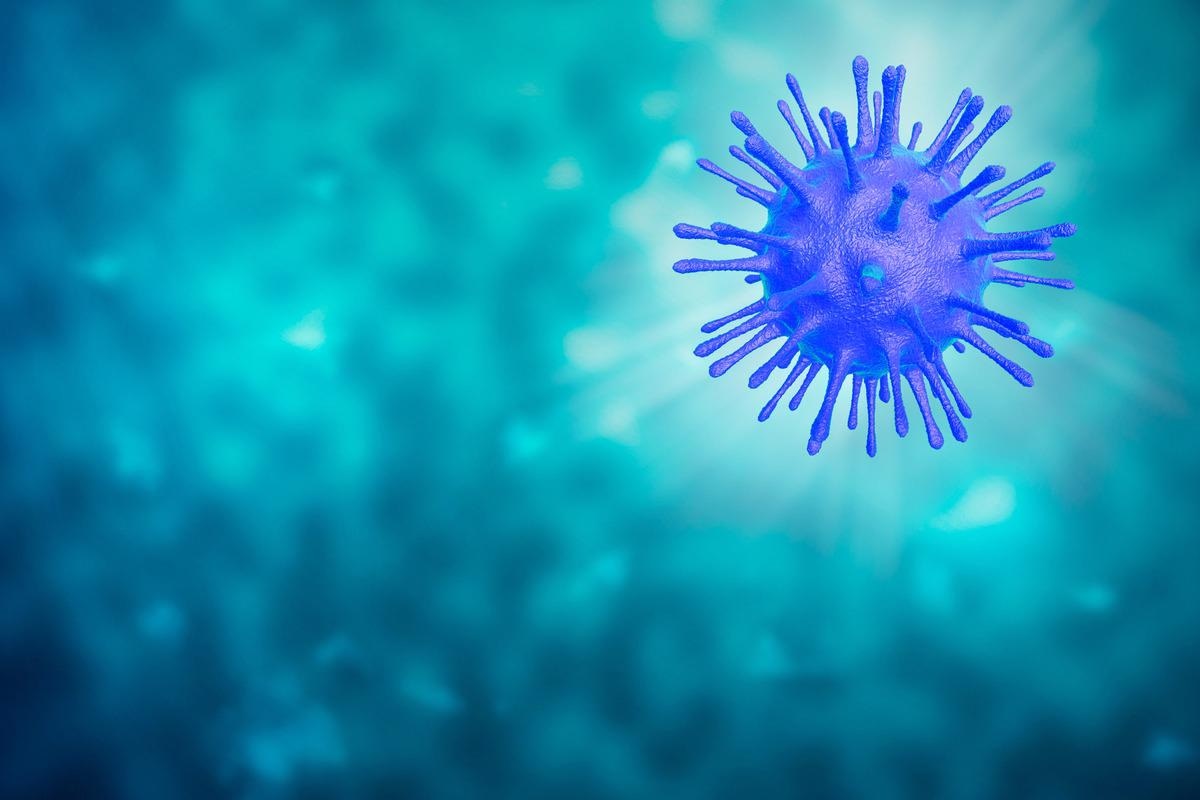MV130 is a mucosal immunotherapy that uses inactivated bacteria to treat viral respiratory infections. Its immediate effect in boosting the innate immune response has gained considerable interest to scientists who wish to extend its use to coronavirus disease 2019 (COVID-19) infections.
A new mouse study published in Frontiers in Immunology found that intranasal administration of MV130 protected against severe acute respiratory syndrome coronavirus 2 (SARS-CoV-2).
 Study: The Bacterial Mucosal Immunotherapy MV130 Protects Against SARS-CoV-2 Infection and Improves COVID-19 Vaccines Immunogenicity. Image Credit: Nhemz/Shutterstock
Study: The Bacterial Mucosal Immunotherapy MV130 Protects Against SARS-CoV-2 Infection and Improves COVID-19 Vaccines Immunogenicity. Image Credit: Nhemz/Shutterstock
The MV130 treatment also appeared to improve vaccine immunity and boosted the immune systems’ response to target the spike protein. The researchers suggest that the broad immune response produced by MV130 administration likely boosts both the innate and adaptive immune system.
Incorporating mucosal immunotherapy could provide an extra layer of protection to vaccinated people as well as protecting people worldwide who do not have access to vaccines.
MV130 treatment protects against SARS-CoV-2
Mice were given an intranasal administration of MV130 or an inactive substance serving as a control group three times a week for two weeks.
The MV130 treatment induced a proinflammatory airway microenvironment. Researchers had observed immune CD45+ infiltration in the airways involving myeloid and lymphoid cells.
A separate group of infected mice were then used to study how MV130 treatment impacted COVID-19 illness. Mice were given the MV130 treatment or the inactive substance and then allowed to rest for a week. After a week, they were exposed to SARS-CoV-2 to induce infection.
Both groups of mice experienced weight loss. However, the researchers noted that there was slightly less weight reduction and a better recovery time for mice treated with MV130.
MV130 treatment also appeared to help with reducing the risk of mortality after infection. Compared to the 60% mortality rate observed in the control group, mice given MV130 treatment had a 25% mortality rate.
MV130’s impact on COVID-19 vaccines
Prior clinical trial data on MV130 immunotherapy suggested that it may enhance the ability of cells to provoke an immune response. With this in mind, the researchers investigated MV130’s ability to boost the immunogenicity of COVID-19 vaccines.
The research team used the MVA-S vaccine which is based on the MVA poxvirus vector that would express the SARS-CoV-2 spike protein. It has previously been shown that one or two doses can reduce the risk of dying for SARS-CoV-2 infected mice.
The current study administered the vaccine three weeks after mice were given their last MV130 treatment or inactive substance. An immune analysis showed an increase in myeloid and lymphoid infiltration in mice who were given MV130 but were not vaccinated. This boost was observed for two weeks after intranasal administration, suggesting that the immunotherapy has a long-term effect.
Additionally, MV130 treatment was the main cause behind the release of more CD4+ T effector cells in the lung.
Meanwhile, CD8+ T effector cell lung infiltration mainly came from the COVID-19 vaccine. The immunization also produced SARS-CoV-2 spike protein-specific IFN production from CD4+ and CD8+ T cells.
Mice given the vaccine and MV130 treatment further enhanced CD8+ T cells.
Altogether, these data indicate that pretreatment with MV130 (i.n.) improves SARSCoV-2 antigen-specific cytotoxic responses elicited by single-dose i.m. MVA-S vaccination in mice, both at the local level in the lung and systemically,” wrote the researchers.
Pretreatment with intranasal MV130 also increased humoral responses for antibodies produced after vaccination. The researchers observed high levels of IgG and IgG2c antibody titers which increased the pro-Th1 IgG2c/IgG1 ratio.
Vaccination and MV130 pretreatment increased IgA antibodies specifically targeting the spike protein in the airways.
MV130 may boost immune response after vaccination
The researchers prepared an alternative vaccine formula involving the SARS-CoV-2 spike protein in combination with a Toll-like receptor-7/8 ligand to mimic the RNA of the viral genome. Mice were or were not pretreated with MV130 treatment and then given the vaccine formulation.
Mice only given the immunization showed a mild increase in cDC2 and B cells. In contrast, pretreated and vaccinated mice showed a boost in cDC1s, cDC2s, and CD4 T cells. The results suggest MV130 pretreatment with the vaccine works synergistically to produce a pro-immunogenic effect.
When vaccination involved an additional booster shot, the immune response combined with MV130 pretreatment further enhanced immune cell infiltration and IgA levels targeting the SARS-CoV-2 spike protein.
- del Fresno C, et al. (2021). The Bacterial Mucosal Immunotherapy MV130 Protects Against SARS-CoV-2 Infection and Improves COVID-19 Vaccines Immunogenicity. Frontiers in Immunology. doi: https://doi.org/10.3389/fimmu.2021.748103, https://www.frontiersin.org/articles/10.3389/fimmu.2021.748103/full
Posted in: Medical Science News | Medical Research News | Disease/Infection News
Tags: Antibodies, Antibody, Antigen, Bacteria, CD4, Cell, Clinical Trial, Coronavirus, Coronavirus Disease COVID-19, Genome, Immune Response, Immune System, immunity, Immunization, Immunology, Immunotherapy, Ligand, Mortality, Protein, Receptor, Research, Respiratory, RNA, SARS, SARS-CoV-2, Severe Acute Respiratory, Severe Acute Respiratory Syndrome, Spike Protein, Syndrome, Vaccine, Weight Loss

Written by
Jocelyn Solis-Moreira
Jocelyn Solis-Moreira graduated with a Bachelor's in Integrative Neuroscience, where she then pursued graduate research looking at the long-term effects of adolescent binge drinking on the brain's neurochemistry in adulthood.
Source: Read Full Article
